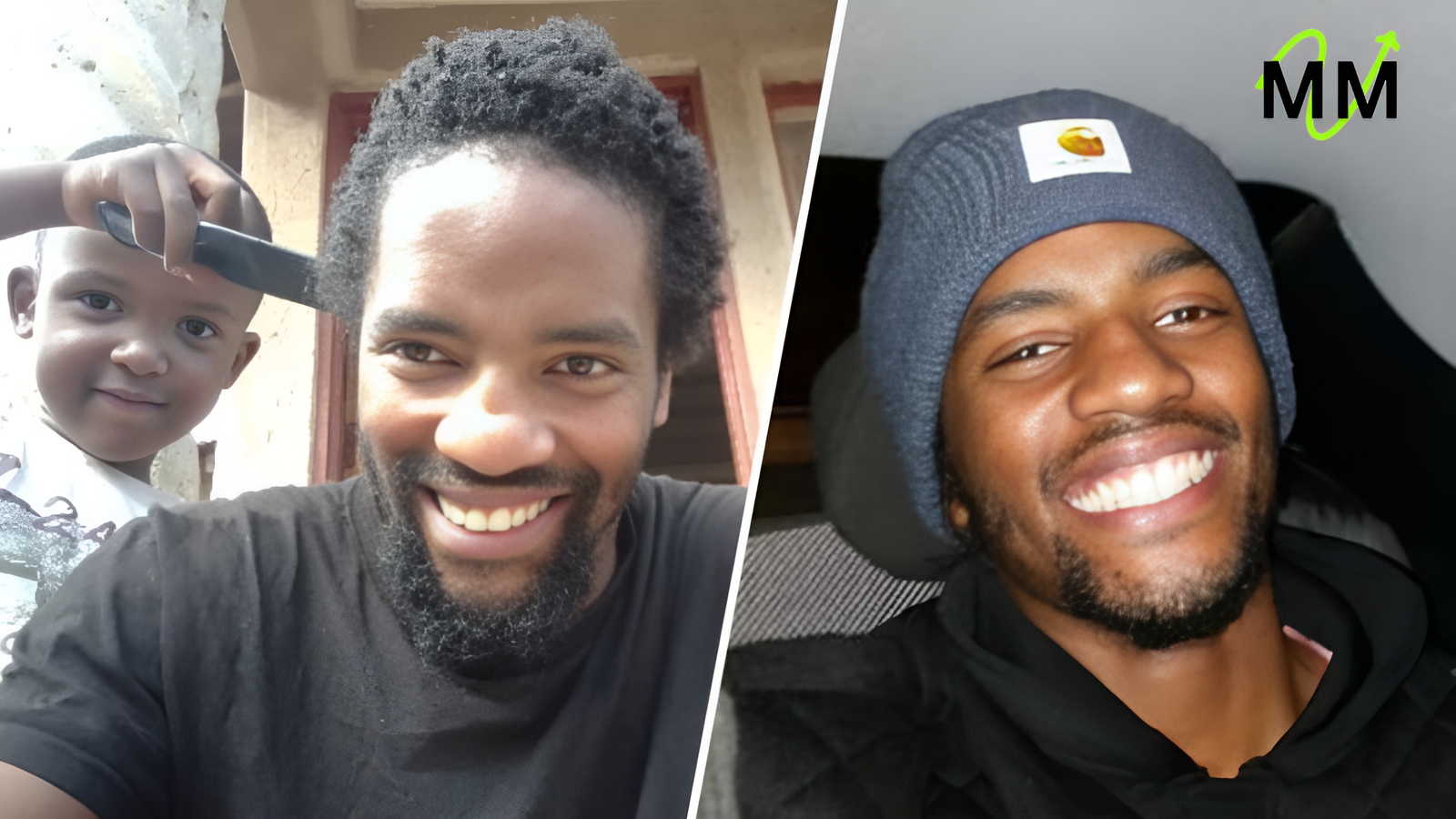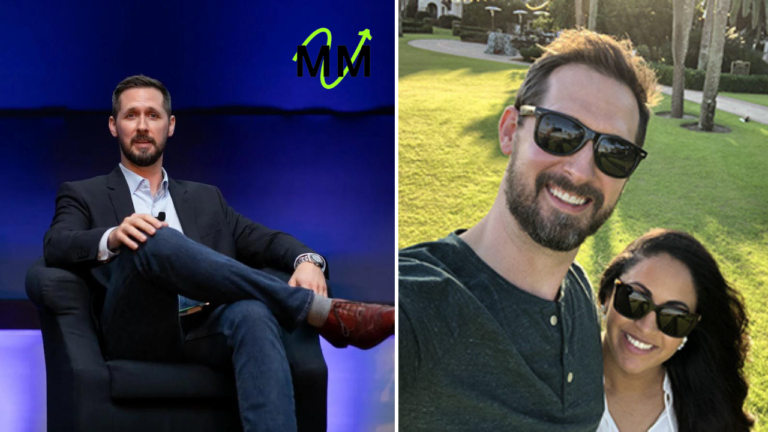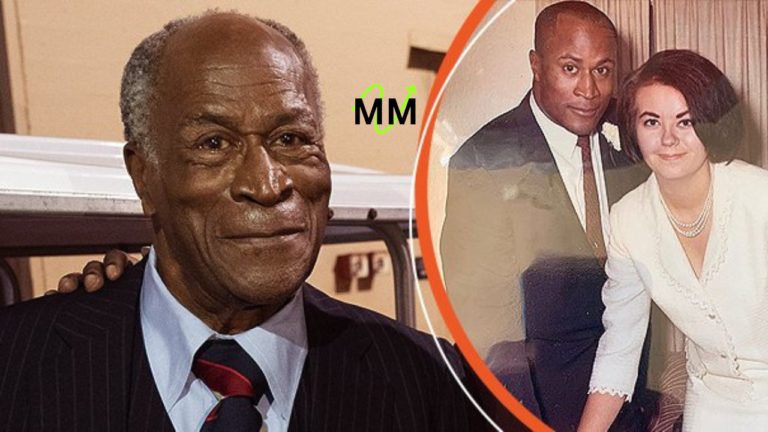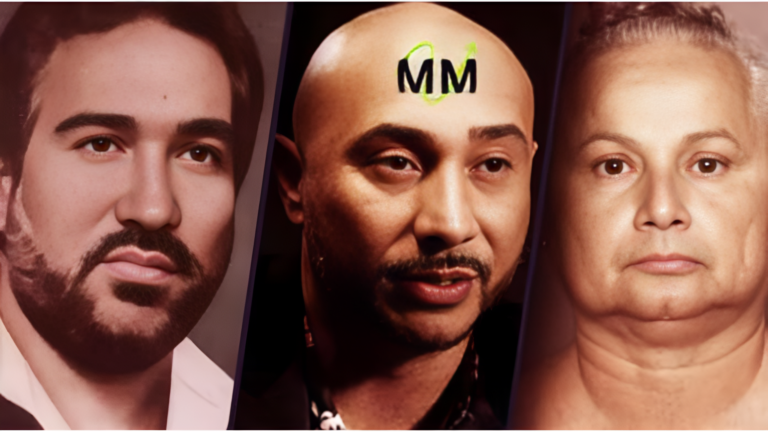Andrew Shingange: Advocating for Mental Health and Social Justice

Andrew Shingange may be less known in the public eye than his famous half-brother, Trevor Noah, but his advocacy work stands alone as a significant contribution to social justice and mental health awareness. Shingange’s life story and dedication to community empowerment exemplify how personal resilience and a commitment to justice can lead to meaningful change.
Early Life and Background
Andrew Shingange grew up during the apartheid era in South Africa, a period marked by systemic racial segregation and deep inequality. His childhood was shaped by the harsh realities of life under this regime, and like many Black South Africans, he endured immense social and economic challenges. This environment instilled in him a sense of perseverance and a desire to create a better future for himself and others. His family’s struggles, particularly experiences of domestic violence, left a lasting impact and became a driving force behind his future advocacy work.
Though Andrew and Trevor Noah shared a complex upbringing, their bond grew stronger as they navigated the hardships of their childhood. Andrew’s relationship with Trevor played a crucial role in their personal development, with each sibling drawing strength from the other. This solid familial bond and shared experience of adversity inspired Andrew to work towards uplifting communities facing similar struggles.
Mental Health Advocacy
Shingange’s commitment to mental health stems from his understanding of how unresolved mental health issues can hinder individual and collective empowerment. In his advocacy, Andrew emphasizes that mental health should be considered an essential aspect of overall well-being, not separate or stigmatized. His work aims to normalize conversations around mental health, particularly in African communities where discussions of mental illness are often seen as taboo or a sign of weakness.
In many cultures, mental health is still surrounded by stigma, making it difficult for individuals to seek help. Shingange has worked relentlessly to change this narrative, advocating for the de-stigmatization of mental health conditions and encouraging open dialogue. He believes that mental health struggles should not be hidden or ignored, and by sharing his own experiences, he fosters environments where individuals can seek help without fear of judgment. He also highlights the unique mental health challenges that marginalized communities face, such as generational trauma and systemic discrimination, which are often exacerbated by socioeconomic difficulties.
Andrew’s work frequently targets underserved communities where access to mental health care is limited. He advocates for increased mental health resources, including accessible therapy and educational programs that teach emotional and psychological resilience from an early age. His efforts to raise awareness have made a profound difference in spreading the message that mental health care is a necessity, not a luxury, especially in communities struggling with poverty and violence.
Read More
Community Empowerment
In addition to his mental health advocacy, Andrew Shingange is deeply invested in broader community empowerment. He believes addressing mental health is only one part of empowering individuals and communities. Economic and emotional well-being are closely linked, and Andrew’s initiatives often focus on both aspects. His efforts aim to provide mental health support, educational resources, and opportunities for those in underprivileged areas.
Through various collaborations with local non-profit organizations and grassroots movements, Andrew has helped develop programs that offer counseling, workshops, and community outreach aimed at uplifting society’s most vulnerable members. His work is characterized by a hands-on approach, whether it is providing direct support or working with schools to incorporate mental health education into the curriculum. He strongly believes that educating young people about mental health from an early age can break cycles of trauma and equip future generations to handle emotional challenges in healthier ways.
Public Speaking and Leadership
As a mental health advocate, Andrew has participated in numerous public speaking engagements, sharing his story and using his platform to push for systemic change. His leadership style is marked by compassion, authenticity, and inclusivity, which resonate strongly with audiences. Through conferences, seminars, and workshops, Andrew connects with people on a deeply personal level, encouraging them to confront their mental health struggles openly.
His speeches are often grounded in his own experiences, allowing him to engage with diverse audiences who may face similar struggles. By demonstrating vulnerability and honesty, Andrew fosters a sense of solidarity and community among those he addresses. He frequently uses these platforms to highlight the gaps in mental health care for marginalized populations, calling for more inclusive and affordable services.
Beyond public speaking, Andrew’s leadership extends to developing community-based mental health programs. His efforts have led to the creation of support networks and resources to address the unique mental health needs of the communities he serves. He works closely with local leaders and health professionals to ensure that these programs are tailored to the specific challenges faced by the populations they aim to help.
Overcoming Challenges and Barriers
Despite his many contributions, Andrew Shingange’s journey has not been without obstacles. One of the most significant barriers he faces is the persistent stigma surrounding mental health in many African cultures. In these communities, mental health issues are often dismissed as a sign of personal failure, making it difficult for individuals to seek help. Andrew has dedicated much of his advocacy to breaking down these barriers by fostering open conversations about mental health and encouraging people to view it as a crucial part of their overall well-being.
Another challenge Andrew faces is the lack of accessible mental health resources. While awareness about the importance of mental health is growing, there is still a gap between awareness and action, particularly in low-income communities. Mental health care remains inaccessible to many due to cost, geographic limitations, and cultural barriers. Andrew has consistently called for more significant investment in mental health services, particularly in underserved areas.
Read More
Future Vision and Goals
Looking ahead, Andrew Shingange remains committed to expanding his mental health and community empowerment work. His vision for the future includes increasing access to mental health care, particularly in marginalized communities, and continuing to break down the cultural stigmas that prevent people from seeking help.
He also aims to inspire the next generation of leaders by sharing his journey and supporting young people in their advocacy efforts. Through mentorship, education, and collaboration with like-minded organizations, Andrew hopes to create a more equitable and just society where everyone, regardless of background, has the opportunity to thrive.
In conclusion, Andrew Shingange’s advocacy for mental health and social justice is a powerful testament to the impact one individual can have on their community. His dedication to raising awareness, providing resources, and empowering others has already made a significant difference in the lives of many. As he continues his work, Andrew Shingange is poised to leave a lasting legacy in mental health and social justice.






